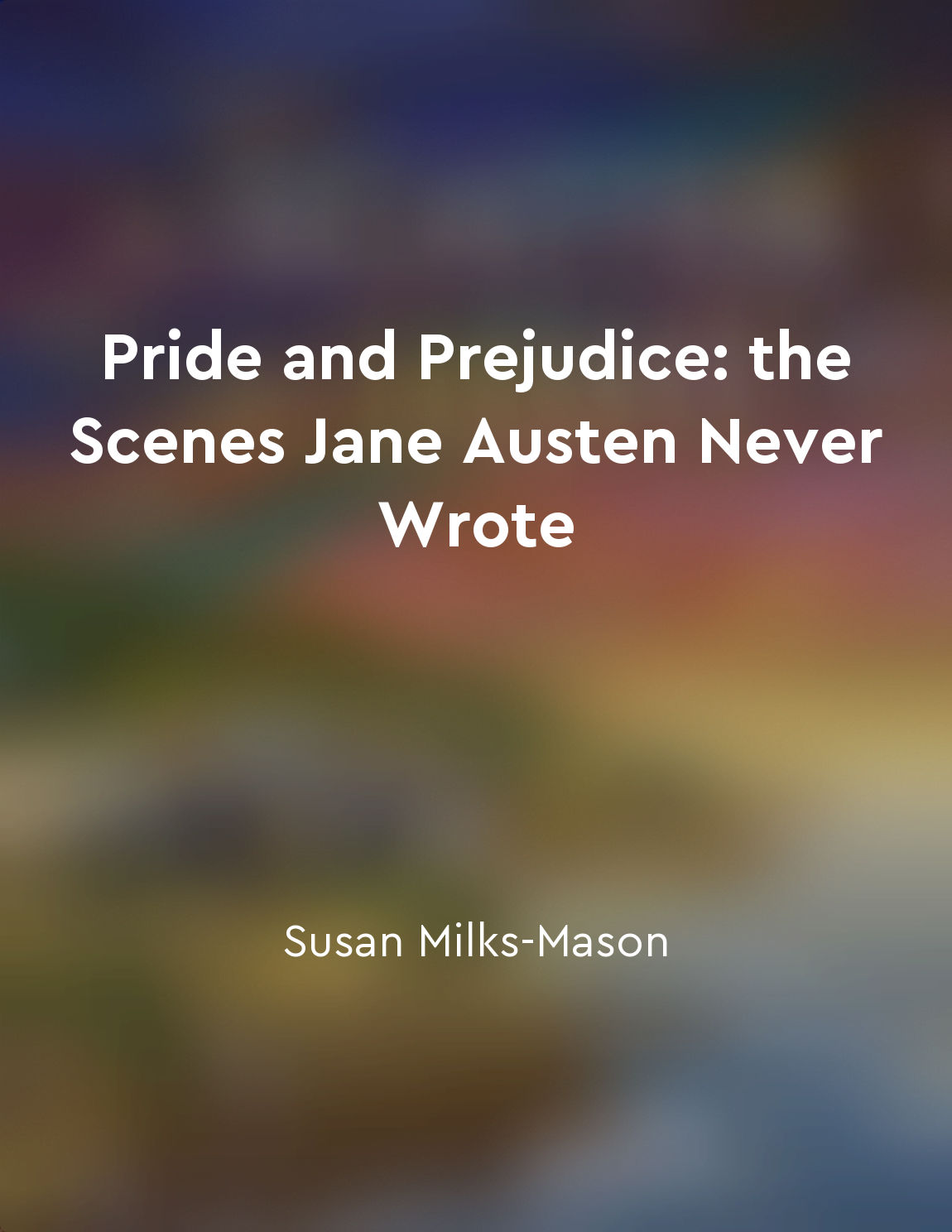Hidden identities are discovered from "summary" of Cymbeline by William Shakespeare
Throughout the play, individuals are constantly faced with the revelation of hidden identities. Characters who have been living under false pretenses are ultimately exposed, leading to a series of surprising discoveries that have far-reaching consequences. One of the central figures whose true identity is revealed is Imogen, the daughter of Cymbeline. Initially believed to be dead, Imogen resurfaces under the guise of a male page named Fidele. This disguise allows her to navigate the challenges she faces and ultimately exposes her true self to those around her. The unveiling of Imogen's hidden identity marks a turning point in the play, as it sets off a chain of events that ultimately lead to resolution and reconciliation. Similarly, the character of Posthumus is also forced to confront his own hidden identity. Believing Imogen to be unfaithful, Posthumus is consumed by jealousy and orders her murder. However, when he learns the truth about her innocence and loyalty, Posthumus is filled with remorse and must reckon with the consequences of his actions. The revelation of Posthumus' true nature adds depth to his character and underscores the themes of forgiveness and redemption that run throughout the play. In addition to Imogen and Posthumus, the character of Belarius also grapples with a hidden identity. Belarius, who has been living in exile under the alias Morgan, is ultimately revealed to be a nobleman who was wrongly banished from the court. The discovery of Belarius' true identity sheds light on his motivations and actions, providing insight into his character and the choices he has made.- The theme of hidden identities being discovered is a recurring motif in "Cymbeline", serving to drive the plot forward and deepen our understanding of the characters. As secrets are brought to light and truths are revealed, the characters are forced to confront their own flaws and shortcomings, leading to growth and transformation. Through these revelations, Shakespeare explores the complexities of human nature and the power of forgiveness and redemption.
Similar Posts
Lily becomes Priest's confidante
As Lily and Priest spend more time together, a deep connection forms between them. At first, Priest is hesitant to reveal his i...
Morgan's family is not accepting of her identity
Morgan's family has struggled to come to terms with who she truly is. Despite her attempts to express herself honestly, they re...

We are stronger than we think
Strength is not always something we can see or feel on the surface. It's not loud or attention-grabbing. In fact, it often hide...
The island whispers its dark secrets
The island speaks to those who listen closely, its whispers carrying the weight of hidden truths and buried secrets. The wind t...

Grasp the significance of omitted interactions
In Pride and Prejudice, Jane Austen skillfully weaves a tapestry of relationships and interactions among her characters, creati...
War ravages lives and reshapes destinies
The destructive power of war is like a relentless storm that sweeps through lands and leaves devastation in its wake. Families ...
Theophrastus discusses the characteristics of the vulgar
The vulgar are those who lack refinement in their words and actions, displaying a certain crudeness that sets them apart from t...

Justice demanded
The concept of justice demanded is a powerful force that drives individuals to seek fairness and accountability in the face of ...
Romeo and Juliet's love is doomed from the start
From the moment Romeo and Juliet first lay eyes on each other at the Capulet's party, their love was destined for tragedy. Thei...
Love and loss define the characters' lives
Love and loss are the driving forces behind the characters' lives in 'The Brief Wondrous Life of Oscar Wao'. These powerful emo...

